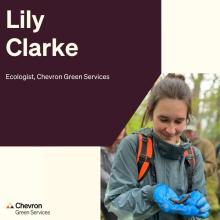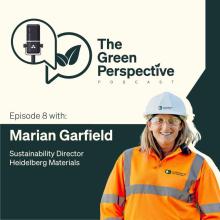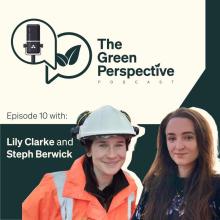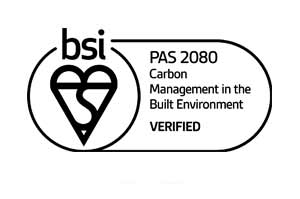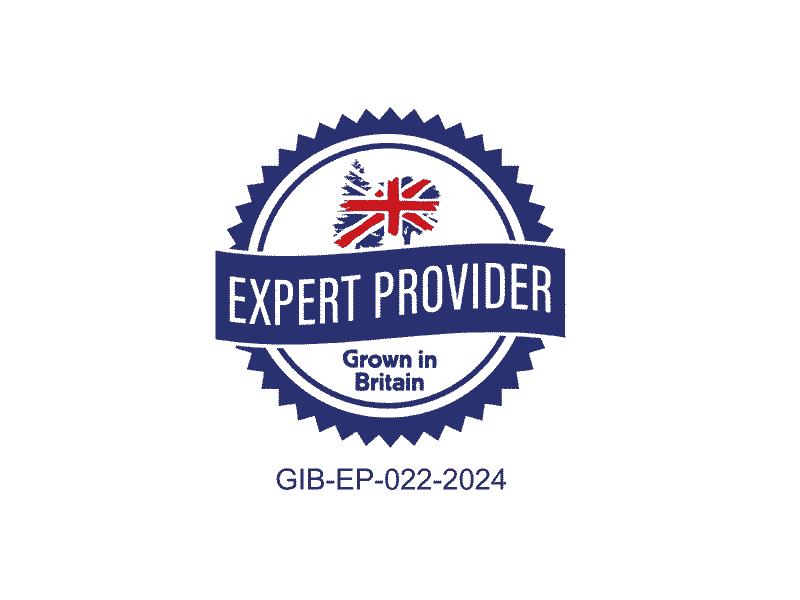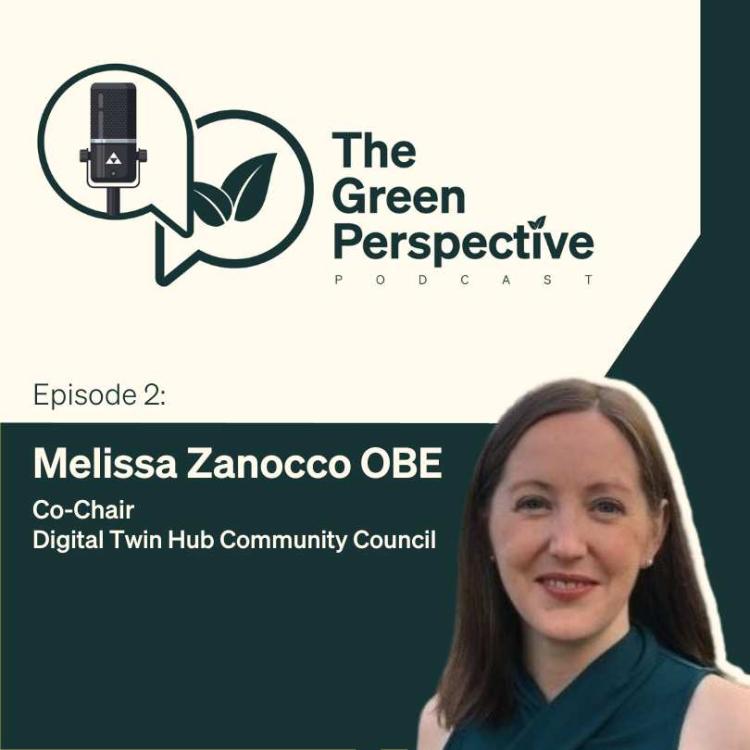
Revolutionising Sustainability Through Data: A Green Perspective
In episode 2 of The Green Perspective Podcast, we were joined by Melissa Zanocco, OBE to discuss critical aspects of sustainability, data quality, digital twins, and economic measures.
A pivotal topic in this episode is data quality. Rather than the conventional idea of data being "good enough," Melissa explored the concept of data being "fit for purpose." This means data should specifically meet the needs it is intended to address, be it for making better environmental management decisions or improving operational efficiency in various sectors.
The Cross-Sector Digital Twin
Melissa covers the fascinating world of the Cross-Sector Digital Twin. This integration allows different industries to share and utilise data effectively for diverse purposes. For instance, Anglian Water and UK Power Networks use shared data to prepare for and respond to floods, showcasing the power of collaboration and adaptability in addressing real-world issues.
Organisational Focus on Data Optimisation
Most organisations are now focusing on optimising their data to drive better decisions and outcomes. This isn't just about adopting new technology but fundamentally changing how data is managed and utilised within organisations. The challenge, however, lies in effectively presenting these benefits to decision-makers.
Digital Operating Models and Storytelling
Despite their importance, Digital Operating Models often struggle to capture attention and investment compared to more tangible innovations like digital twins. This is where the art of storytelling becomes crucial. Translating technical benefits into compelling business narratives can significantly impact securing the necessary support and investment.
Circular Economy and the Built Environment
Melissa elaborates on how the circular economy can transform the built environment. Instead of seeing it as a major resource consumer, the focus is shifting to outcome-based value assessments that prioritise well-being and environmental impact over mere financial metrics. The Excess Materials Exchange is an excellent example of this approach, an app that matches excess materials with those in need, avoiding waste and promoting sustainability.
Alternative Measures to GDP
Another interesting discussion point was the need for alternative economic measures like the Gross Ecosystem Product. GDP alone doesn't capture the true value of ecosystem services, and a more holistic evaluation could lead to better environmental and social outcomes.
Progress in the UK and Well-being Economies
Melissa also touched on the UK's progress in embracing well-being economies. Policies like the "Transforming Infrastructure Performance" and frameworks like the "Construction Playbook" emphasise outcomes over outputs, demonstrating a notable shift in focus. This change, although evolutionary, signals a broader move towards economies designed to serve both people and the planet, as seen in countries like New Zealand, Canada, Finland, Wales, and Scotland.
Sustainable Choices and Personal Practices
On a more personal note, Melissa shared her own sustainable practices, highlighting the complexity of making choices like adopting electric vehicles. She encourages simple and effective policies to aid individuals in making more sustainable decisions. Melissa's shift to vegetarianism and reliance on public transport are small, impactful steps toward sustainability that many of us can emulate.
Sustainability is not just a buzzword but a critical approach to how we manage our resources, collaborate across sectors, and measure our success in more holistic terms. You can listen to the episode here: https://podfollow.com/the-

